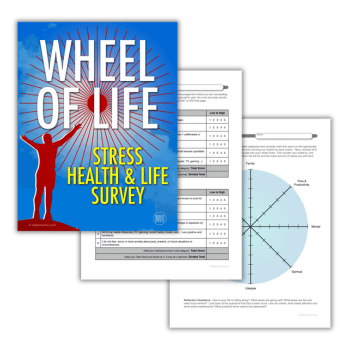Sexism in schools – “Teachers need to challenge sexist behaviour”

Preventing the spread of ‘rape culture’ harassment and in schools calls for more – and better – teaching around consent, writes Rachel Scales

I was once teaching a relationships and sex education lesson on sexual harassment when some female students in the class mentioned how they carried ‘rape alarms’ during winter months, as they didn’t feel safe travelling to and from school when it was dark.
When they took out their rape alarms to show the rest of the class, some male students immediately began laughing, and asked for them to be set off so they could hear how loud they were.
I was struck by the extent to which they saw the safety of every female student in their class as a laughing matter – just one event among many which highlights how much we need stronger education around consent and rape culture in schools.
Non-verbal consent
In the wake of the student testimonies posted to the Everyone’s Invited website, and Ofsted’s recent announcement that it will be conducting reviews of safeguarding policies and practices, schools everywhere are now paying much closer attention to how they teach consent to students.
In my experience, the general school approach to the teaching of consent tends to focus on the explicitly sexual aspects. What’s missing is teaching of consensual communication beyond binary ‘no means no’ responses to unwanted sexual activity.
Educating students about non-verbal consent behaviours, such as body language and facial expressions, will allow teachers to paint a clearer, more realistic picture of how consent is communicated.
The teaching of consent in school contexts should start with formal scenarios, before progressing to consent within friendships and relationships – and only then, within sexual scenarios.
Discussion of non-verbal, non-sexual consent in the context of healthy relationships, boundaries and privacy is vital for effective consent education, and preparing students for the challenges of modern relationships.
Teachers can open class discussion around these ideas by asking questions such as, ‘Is it right to look through your partner / friend’s phone without their permission?’ and ‘Should you enter your partner / friend’s bedroom without their permission and start looking through their things?’
Framing questions in this way allows students to apply the principles of consent to relatable scenarios, thus helping them develop a clearer understanding of what’s acceptable.
Some mixed sex schools will separate their male and female students when talking about consent, but I feel this is counterproductive. Doing so could alienate students who are transgender or identify as gender neutral, when lessons of this nature should be inclusive of all.
Separating students also sends the message that consent, and the implications of consent, are different for males and females, or anyone who may identify otherwise, when consent applies equally to everyone.
That said, students can benefit from hearing different ideas and experiences relating to consent in a safe classroom environment, and the increased empathy and understanding this can bring about.
Sexual harassment – a lack of understanding
Incidents of peer-on-peer sexual harassment and assault will often originate from low-level sexism and misogyny. Calling this out whenever it appears is therefore key to challenging the spread of harassment and rape cultures within schools, before such incidents enable more severe behaviours.
As such, all teachers – not just those delivering PSHE / RSE – need to be equipped with appropriate training and the confidence to challenge sexist and misogynistic behaviour, but unfortunately, this is where I believe many schools fall short.
Most will have some form of compulsory annual safeguarding training that all staff must complete, but not all will provide compulsory RSE / consent training – despite this being a major element in protecting students.
I’ve often spoken to staff who don’t know the difference between ‘sexual harassment’ and ‘sexual assault’, or indeed what even counts as sexual harassment, with respect to the law. If staff lack understanding of these issues, how can they effectively educate their students?
Rachel Scales is a RSE coordinator and teacher based at a secondary school in Essex; her book How Do I Answer That? – A Secondary School Teacher’s Guide to Answering RSE Questions is available now (Critical Publishing, £14.99).










